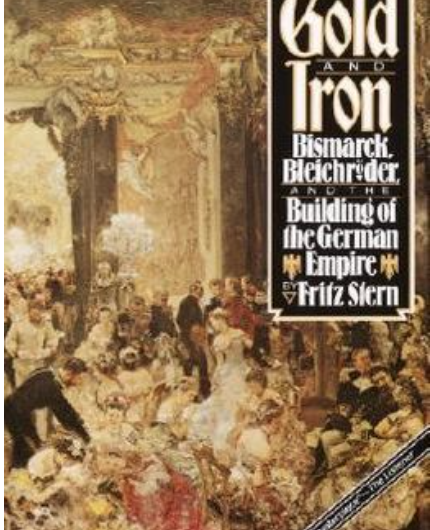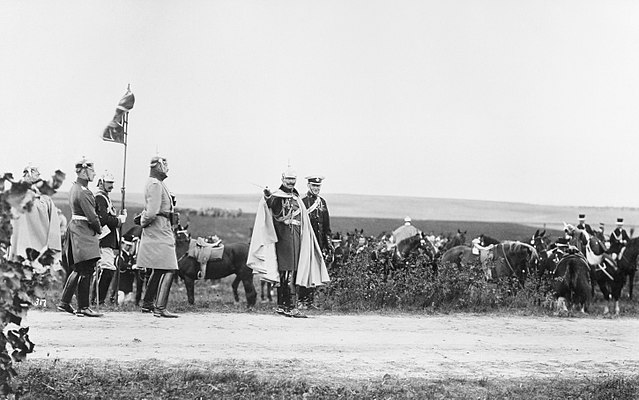September 25, 2012
If statesmanship or the political art is synonymous with the art of war or the art of acquisition on the grandest scale, then mastery of geography becomes "the first part" of the statesman's arsenal. "[H]e should learn the nature of sites, and recognize how mountains rise, how valleys open up, how plains lie, and understand the nature of rivers and marshes—and in this invest the greatest care.… And the prince who lacks this skill lacks the first part of what a captain must have." If the "desire to acquire" or the "lust for power" is inherently unlimited and is the governing principle of politics, then the primary concern of politics with geography, the concern with acquisition of territory, in principle knows no bounds.
The concern of politics with geography, at a certain point in history, expanded its scope, not just in principle but in fact, to encompass the world.





